After spending decades in the workforce, you might look forward to the day you retire. But if you decide, for one reason or another, that you’d like to redefine “retirement” to include part-time work or consulting, you could enjoy exercising your skills and meeting new people. But you can also receive some key financial benefits.
Specifically, bringing in some paychecks in your retirement can help you in these areas:
- You could contribute more to your IRA. During your working years, you may have contributed regularly to an IRA, but once you retired, you might have thought those days were over. But there’s no age limit – if you have any earned income, you can contribute to an IRA and boost the financial resources you have available for retirement.
- You could potentially lower your withdrawal rate. Once you’re retired, you will likely need to rely on your investment portfolio to provide you with some – or maybe most – of your income. Consequently, you’ll need to establish an appropriate withdrawal rate – a percentage of your portfolio that you can take out each year without running the risk of potentially outliving your money. Income from part-time work or consulting may lower your dependency on investment income, thereby reducing your annual withdrawal rate and extending the overall longevity of your investment portfolio.
- You could add to your grandchildren’s 529 plans. When you invest in a 529 education savings plan, the earnings and withdrawals are federally tax-free, provided the money is used for qualified education expenses. As a grandparent, you can contribute to a 529 plan with your grandchildren as beneficiaries. And a 529 plan can be used for more than college – it can fund some programs at trade schools and K-12 expenses in some states. So, by putting some of your earned income to work in a 529 plan, you can help improve your grandchildren’s prospects.
- You could reduce your debts. By the time you reach retirement, you may or may not have retired your mortgage, but you might have other debts on your books. If you can apply some of your earned income to these debts, you can improve your cash flow and possibly avoid dipping into your retirement accounts for short-term needs.
Of course, you’ll also have to consider some issues if you end up working in retirement, particularly if you bring in a sizable amount of money. For example, if you’re earning income and collecting Social Security before you reach your “full” retirement age – which is likely between 66 and 67 – your monthly benefits will be reduced. (However, these “lost” benefits will be restored once you do reach your full retirement age.) Also, the added income could push you into a higher tax bracket or even cause you to pay the Medicare premium surcharge or the 3.8% surtax on net investment income if your income reaches certain levels. So, before embarking on any employment that may yield a large additional income, consult with your tax advisor.
Overall, though, the financial benefits of part-time employment income during your retirement years may be worth it – so give some thought to “unretiring.”
This article was written by Edward Jones for use by your local Edward Jones Financial Advisor. Edward Jones, Member SIPC



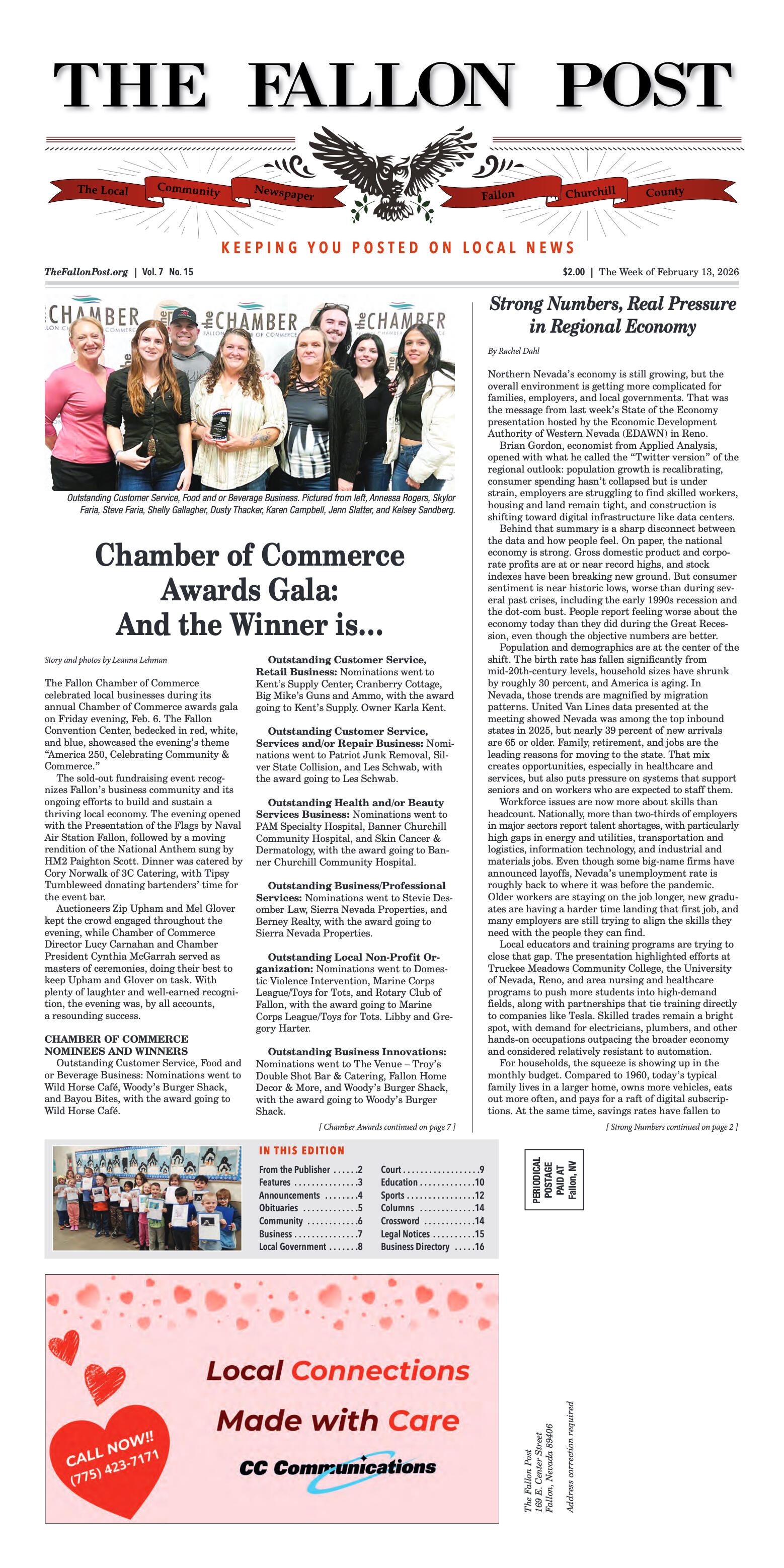
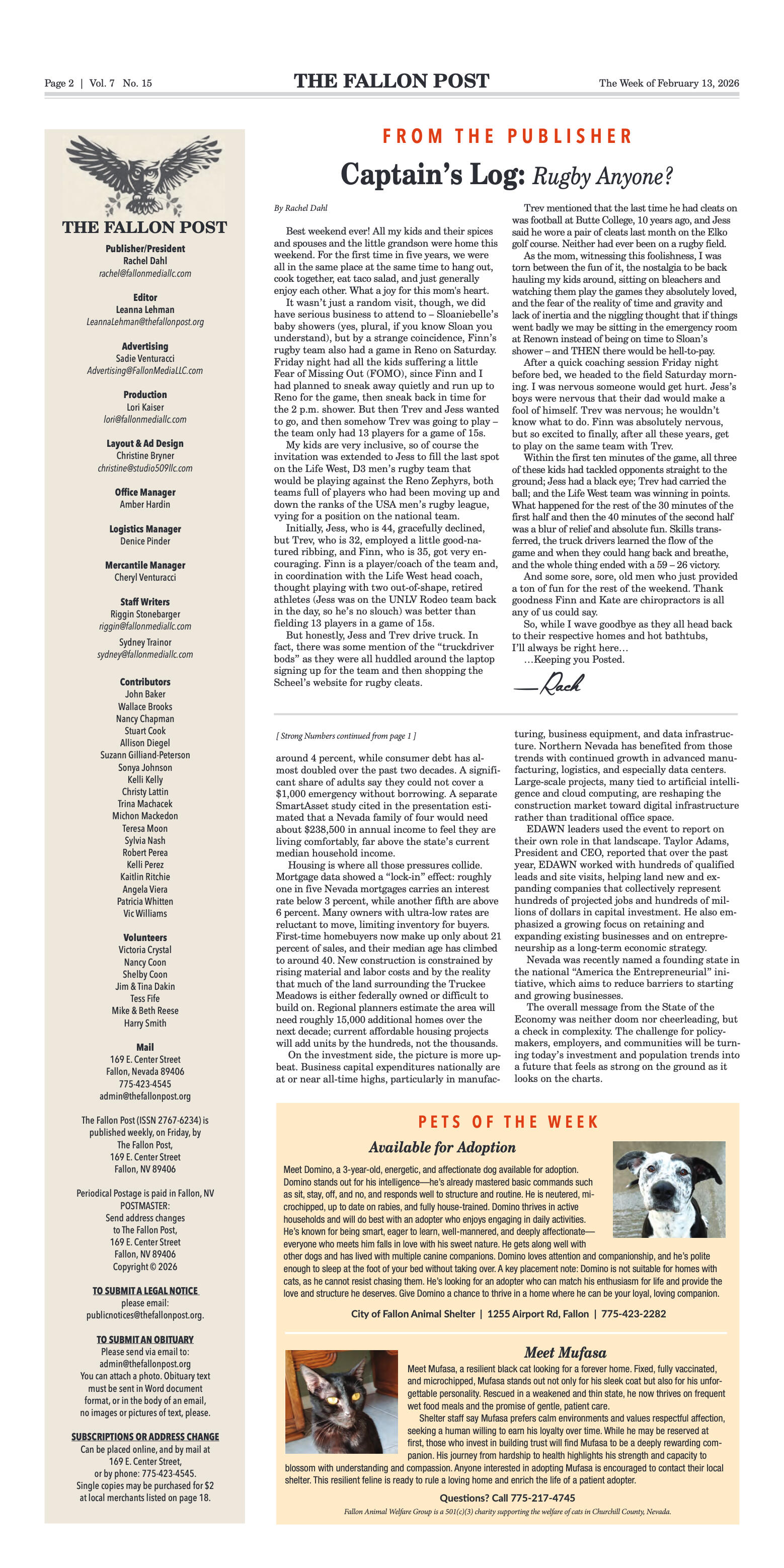
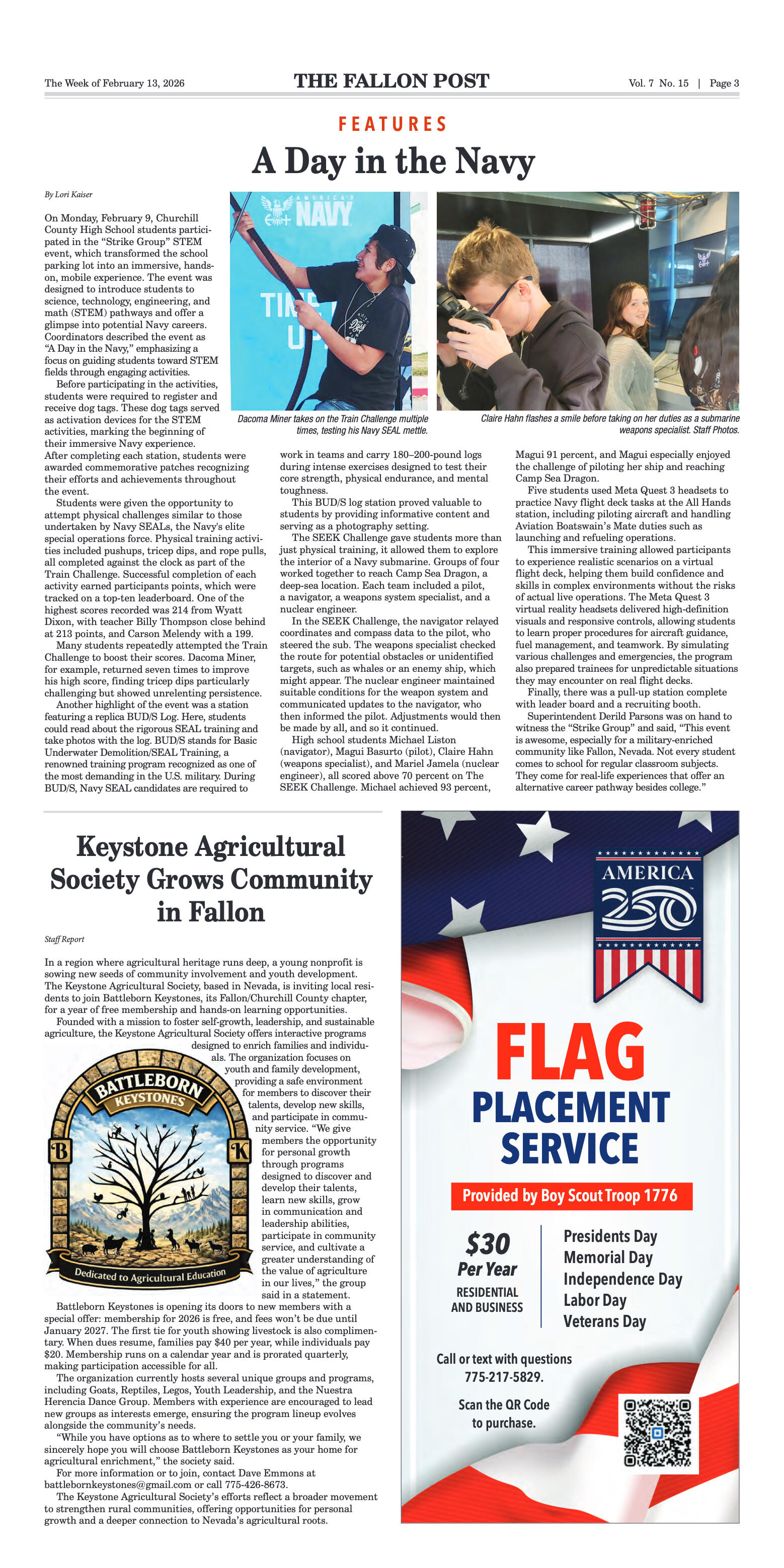

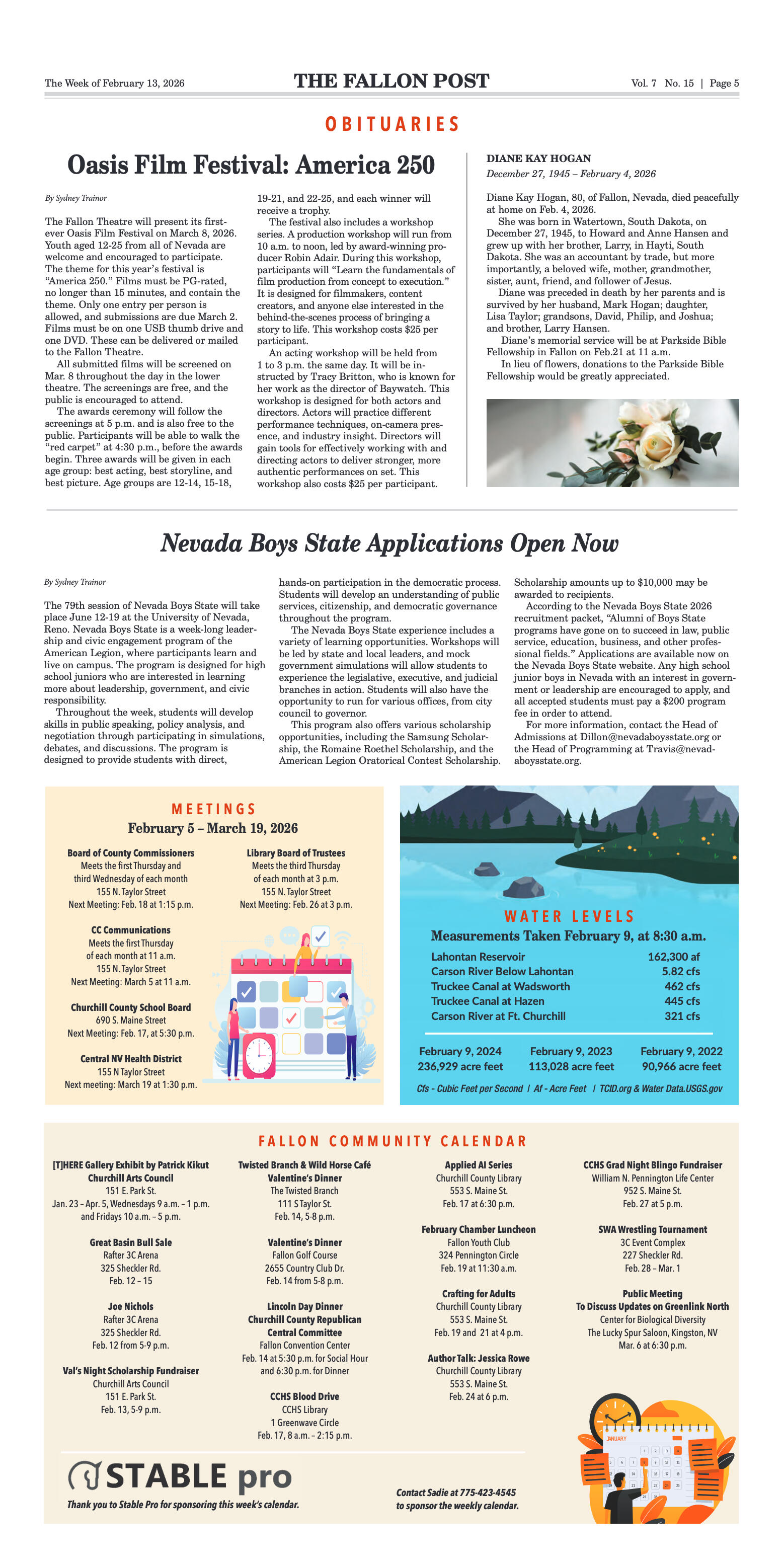

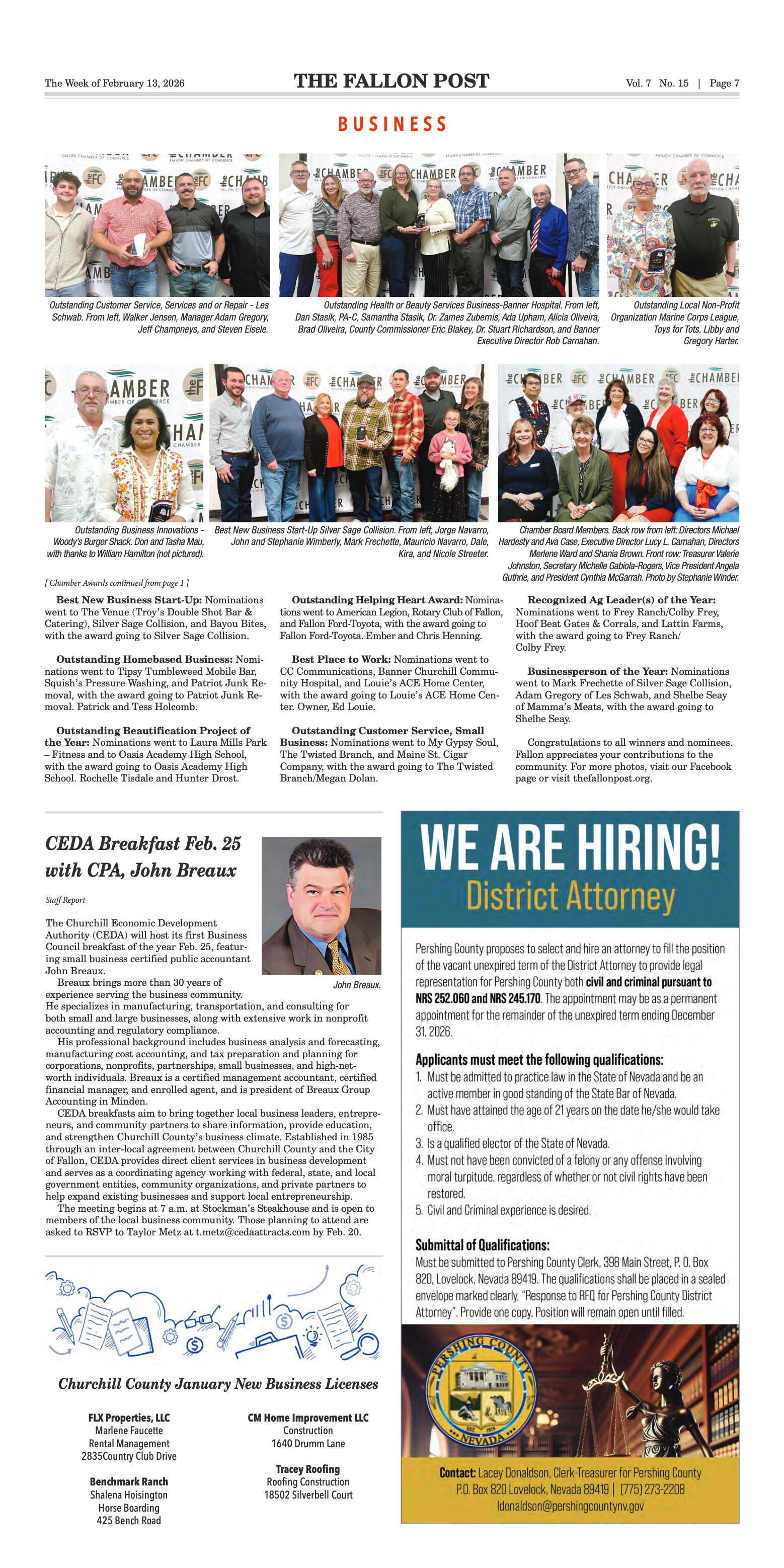
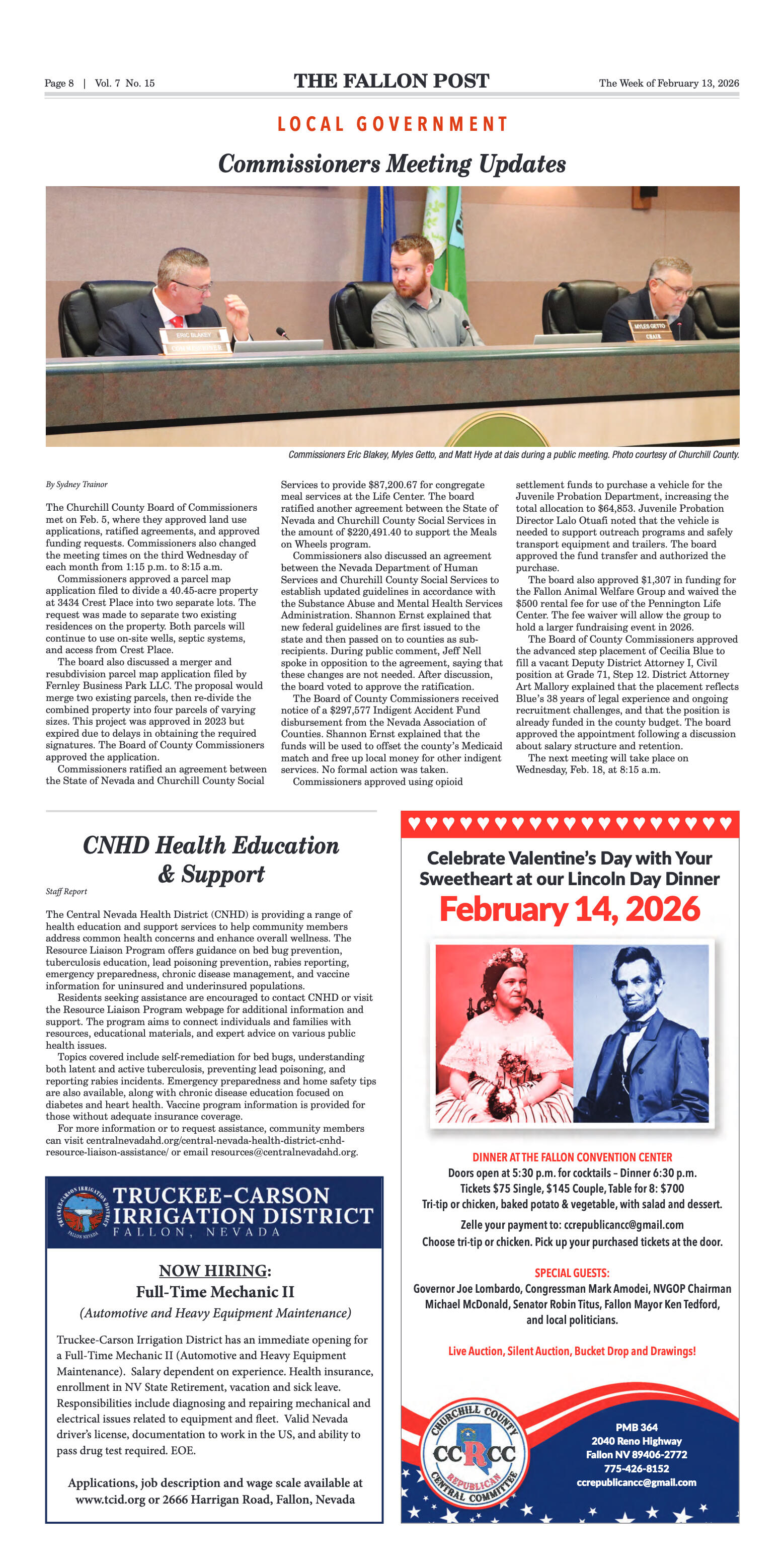
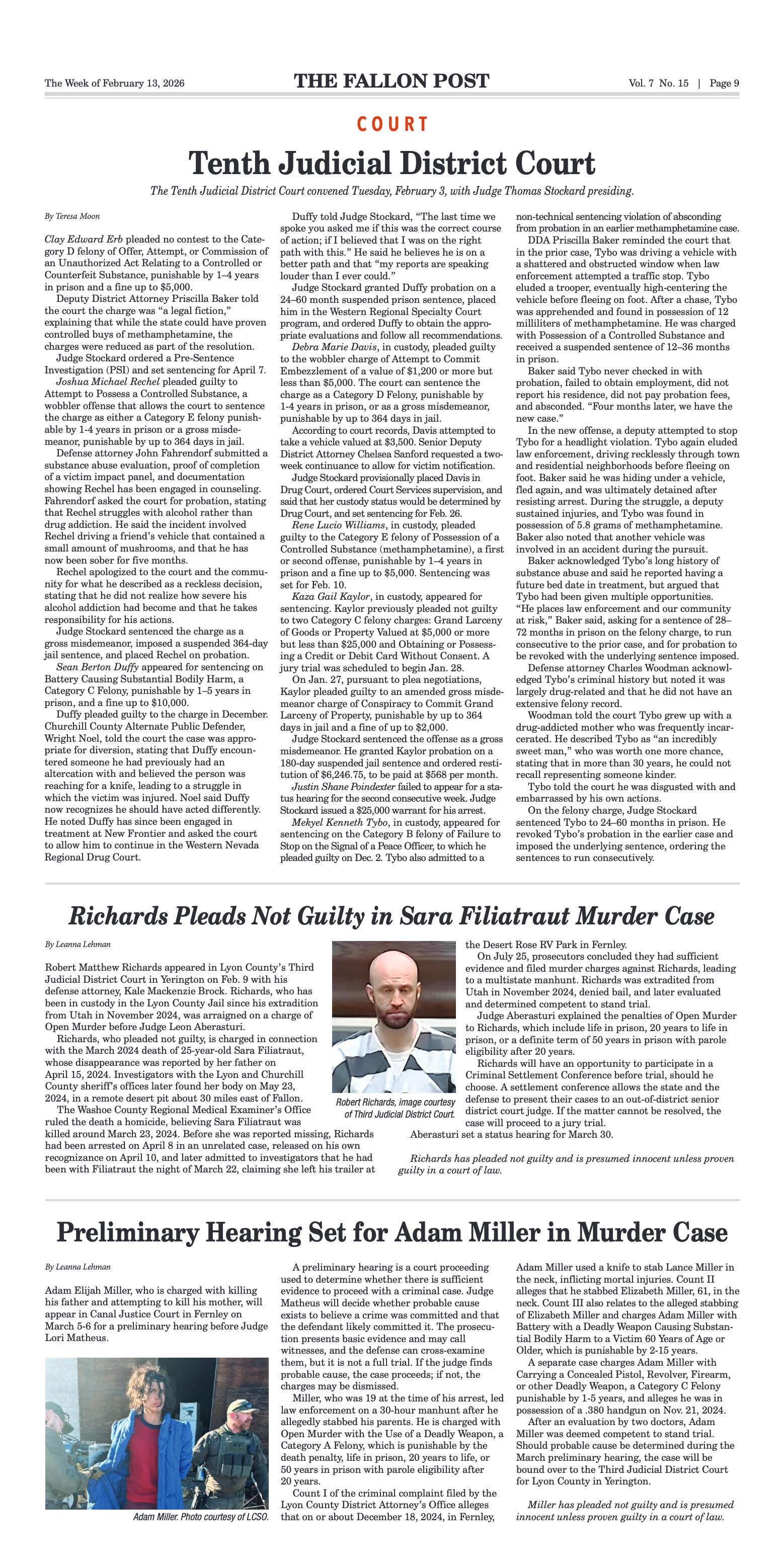





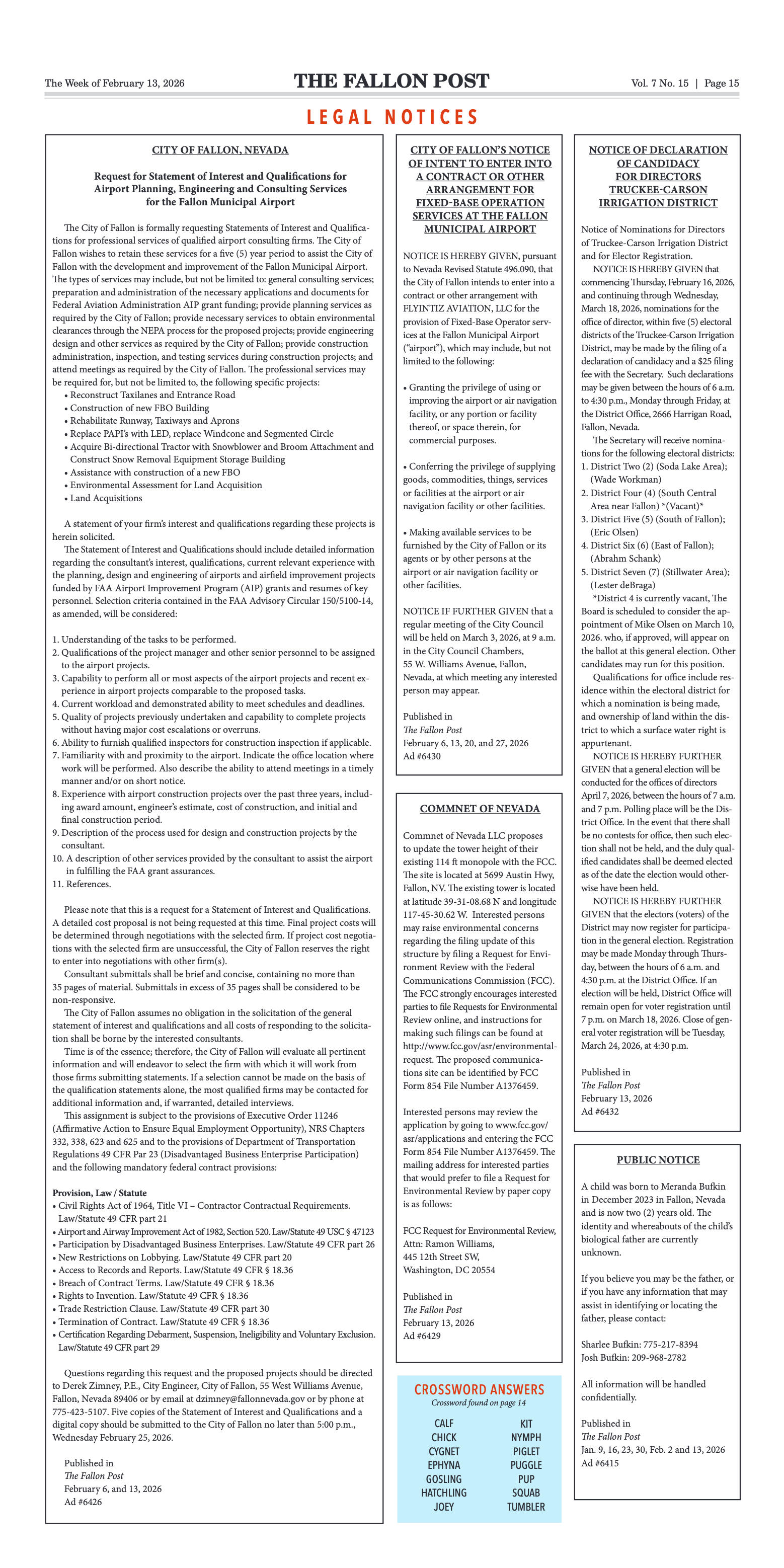

























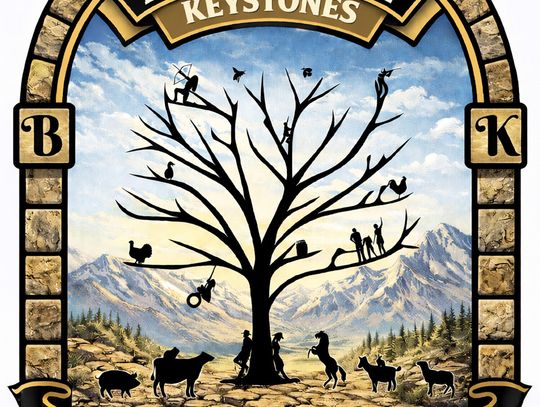


Comment
Comments